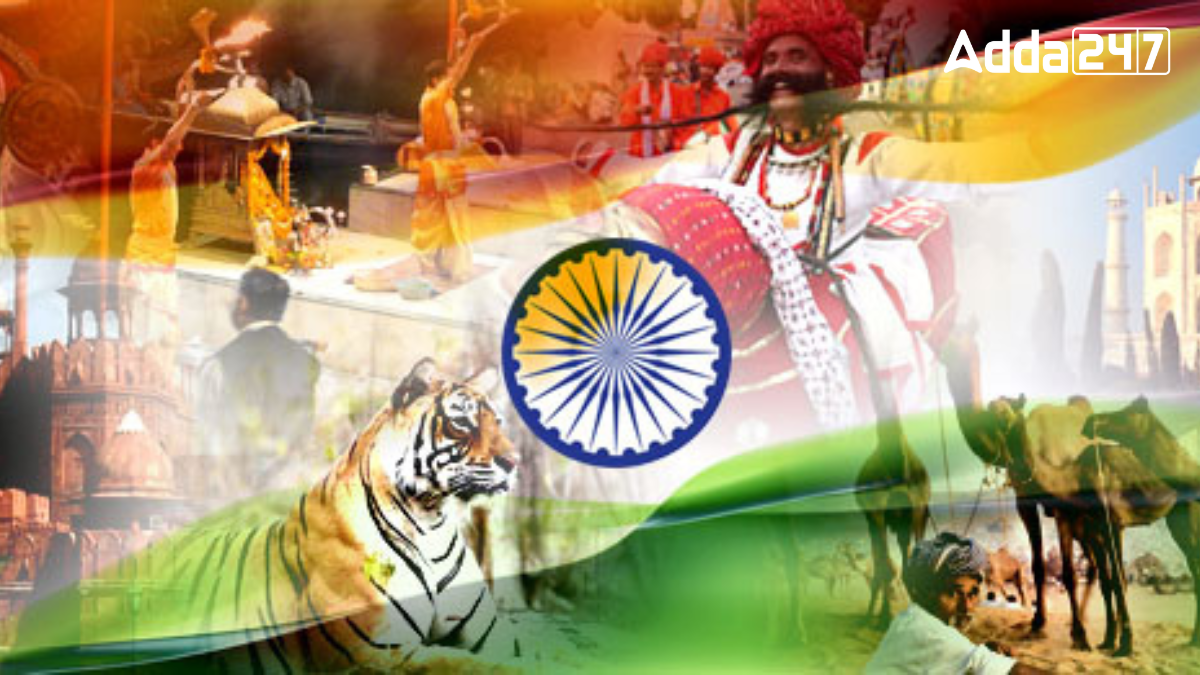

With a population exceeding 1.3 billion, India stands as a beacon of democracy, proudly holding the title of the world’s largest democratic nation. Since gaining independence from British colonial rule in 1947, India’s journey as a democratic republic has been one marked by challenges, triumphs, and a steadfast commitment to the principles of freedom, equality, and justice.
A democratic country is one where power is vested in the hands of the people, either directly or through elected representatives. It operates under the principles of political equality, freedom of expression, and rule of law. Democratic countries typically hold regular elections, respect individual rights and freedoms, and have mechanisms in place to ensure accountability and transparency in governance. The core tenets of democracy include participation, inclusivity, and protection of minority rights.
India boasts the world’s largest democratic government, established with the inception of its Constitution on January 26, 1950. Democracy in India ensures universal suffrage, granting every citizen over 18 years the right to vote, regardless of religion, caste, or gender. The democratic principles of liberty, equality, fraternity, and justice underpin India’s federal structure, with both central and state governments elected through democratic processes. The election of representatives marks a significant milestone, emphasizing India’s commitment to political equality and collective decision-making. Key features include collective ministerial responsibility, respect for minority opinions, provision of fundamental rights, and an independent judiciary, all contributing to the robustness and inclusivity of India’s democratic framework.
Here are the key features of Indian Democracy, the largest democracy of the world:
Solar eclipses have always fascinated people because they are rare and beautiful celestial events. In…
National News Election Commission Revamps EVM Ballot Paper Design The Election Commission (EC) has revamped…
Artificial Intelligence (AI) is growing very fast, and one of its most exciting parts is…
Fenugreek, commonly called methi, is a popular herb and spice in India, valued for both…
Karnataka, located in southern India, is a state known for its rich culture, historical landmarks…
India is a land full of diversity, where every state has something unique to offer.…